Uttarakhand History -From Ancient to Modern
Uttarakhand, often referred to as the “Land of the Gods,” boasts a history as diverse and captivating as its breathtaking landscapes. From ancient civilizations to the establishment of a modern Indian state, the history of Uttarakhand is a tapestry woven with threads of culture, religion, and a struggle for identity. In this journey through time, we explore the history of Uttarakhand from its early origins to the present day.
Ancient Myths and Legends
The history of Uttarakhand is intricately entwined with mythology and legends. This land is believed to be the abode of the gods, a place where the divine meets the mortal. It is often referred to as “Devbhoomi,” which translates to the “Land of the Gods.” One of the most prominent myths associated with Uttarakhand is the legend of Lord Shiva and his consort, Goddess Parvati.
According to Hindu mythology, Uttarakhand is where Lord Shiva is said to have meditated, and the sacred Kedarnath and Badrinath temples are dedicated to him. The mystical confluence of the rivers Alaknanda and Bhagirathi at Devprayag is believed to be the starting point of the holy river Ganges. Pilgrims from all over the world visit these revered sites to seek spiritual solace and purification.
Uttarakhand is also mentioned in the ancient epic, the Mahabharata. It is believed to be the place where the Pandavas began their journey to heaven. The city of Haridwar, a major pilgrimage site, is mentioned in the Mahabharata and holds a special place in Hindu religious history.
Mughal emperors
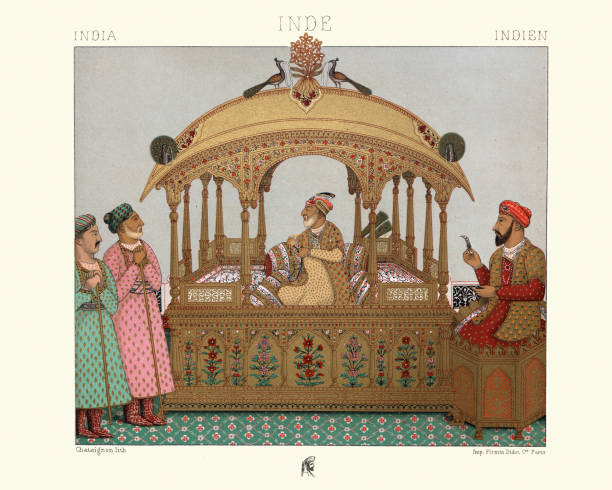
During the Mughal era, Uttarakhand served as a vital trade route. Mughal emperors, including Akbar and Jahangir, recognized the region’s strategic and cultural significance. Their records and accounts offer valuable insights into Uttarakhand’s role during this period.
The Garhwal Kingdom
In the western part of Uttarakhand histoey, the Garhwal region emerged as a distinct kingdom during the 15th century. The Garhwal kingdom’s history is marked by tales of valor, chivalry, and a rich cultural heritage. Its rulers contributed to the region’s socio-economic and political development.
The British Colonial Period
The British colonial period had a profound impact on Uttarakhand. The region became part of the United Provinces of Agra and Oudh, later evolving into the United Provinces of Uttar Pradesh. The British introduced educational institutions, modern infrastructure, and governance systems that influenced the state’s future.
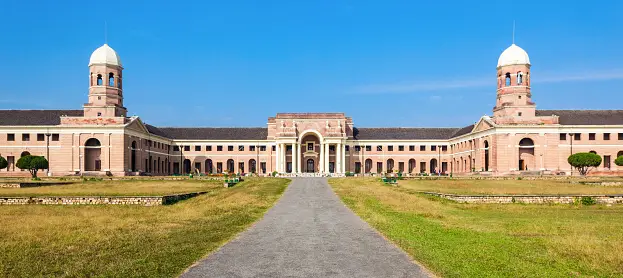

Post-Independence and the Demand for Uttarakhand history
After India gained independence in 1947, the demand for a separate state of Uttarakhand gained momentum. People of the region sought greater autonomy and development tailored to their unique identity. This movement culminated in the creation of the state of Uttarakhand on November 9, 2000, becoming the 27th state of the Indian Union.
Cultural Heritage and Traditions
Uttarakhand’s cultural heritage is a treasure trove of traditions, art forms, and festivals. The state is renowned for its folk music, dance, and handicrafts, each reflecting the daily lives and expressions of its people. Festivals such as Diwali, Holi, and Nanda Devi Raj Jat Yatra hold special significance, celebrating various aspects of the culture.
Spiritual Significance and Pilgrimage Sites
Uttarakhand history is often referred to as the “Land of the Gods” due to its numerous temples and religious sites. Char Dham Yatra, including visits to Yamunotri, Gangotri, Kedarnath, and Badrinath, is a sacred pilgrimage for Hindus. The state’s spiritual aura draws not only devotees but also seekers of solace and enlightenment from around the world.
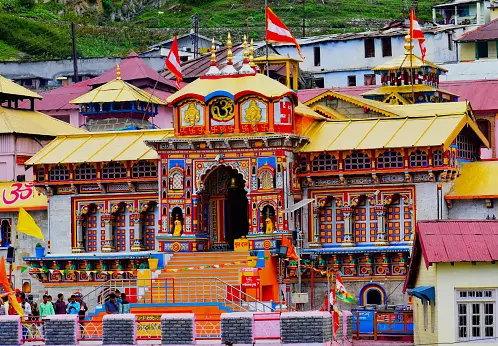
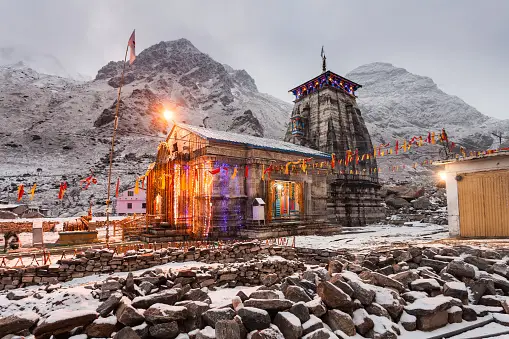
Natural Beauty and Biodiversity
The natural beauty of Uttarakhand is unparalleled. The state is home to the Himalayan range, including some of the highest peaks in the world. The Ganges and Yamuna rivers originate in Uttarakhand history , making it a place of immense natural importance. The diverse flora and fauna found in its national parks and wildlife sanctuaries add to its ecological significance.
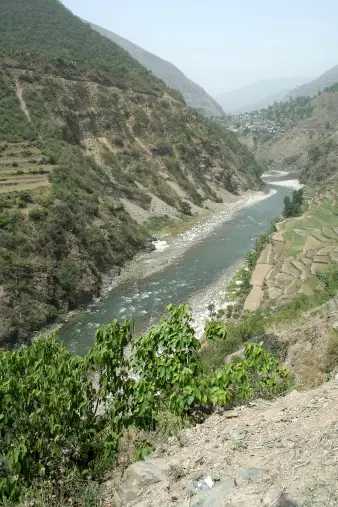
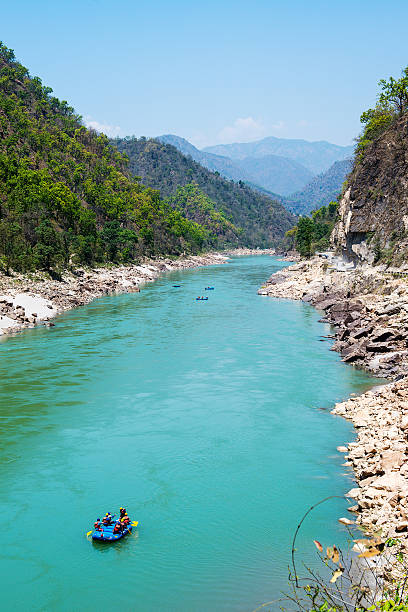

Modern Uttarakhand
Today, Uttarakhand stands as a testament to the harmonious coexistence of tradition and modernity. The state has made significant strides in education, healthcare, and infrastructure while preserving its cultural and natural heritage. It continues to attract travelers, trekkers, and adventure enthusiasts from all corners of the globe.

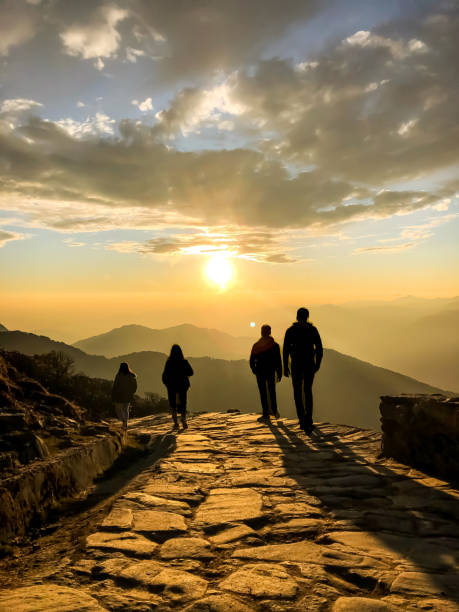
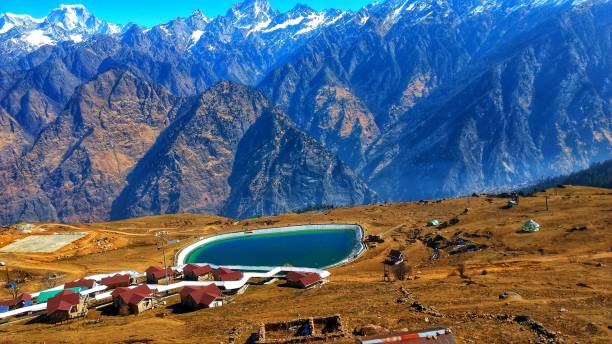
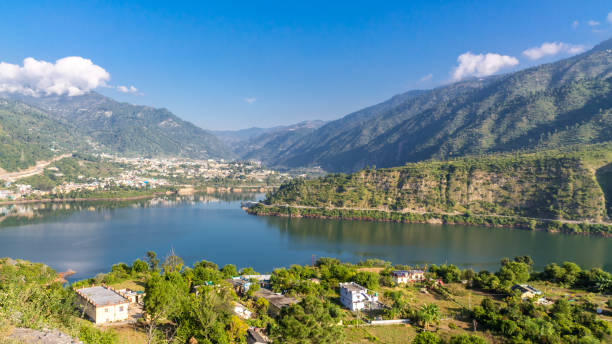
- You might be interested in reading this post as well.
- Districts of Uttarakhand 2023
Uttarakhand has a rich and diverse history that spans thousands of years. It has been home to various indigenous tribes, dynasties, and cultures, making its history a fascinating tapestry of ancient civilizations and modern development.
The history of Uttarakhand dates back to ancient times, with evidence of early human settlements in the region. The state’s history can be traced to the Vedic period, around 1500-500 BCE, when it was mentioned in ancient texts like the Vedas.
The Katyuri dynasty, ruling from the 7th to 11th centuries, played a pivotal role in shaping the region’s history. They established several temples and forts, leaving behind a rich architectural and cultural legacy.
The Chand dynasty, ruling from the 7th to 18th centuries, had a significant impact on Uttarakhand. They established their capital in Kirti Nagar and contributed to the region’s culture and art, leaving behind a legacy of hill architecture.
Uttarakhand was carved out from the state of Uttar Pradesh and became the 27th state of India on November 9, 2000. This was the culmination of a long-standing demand for a separate state by the people of the region.
Tourism has played a significant role in Uttarakhand’s economy and history. The state’s natural beauty, pilgrimage sites, and adventure tourism have attracted visitors from around the world, contributing to its development and cultural exchange.
